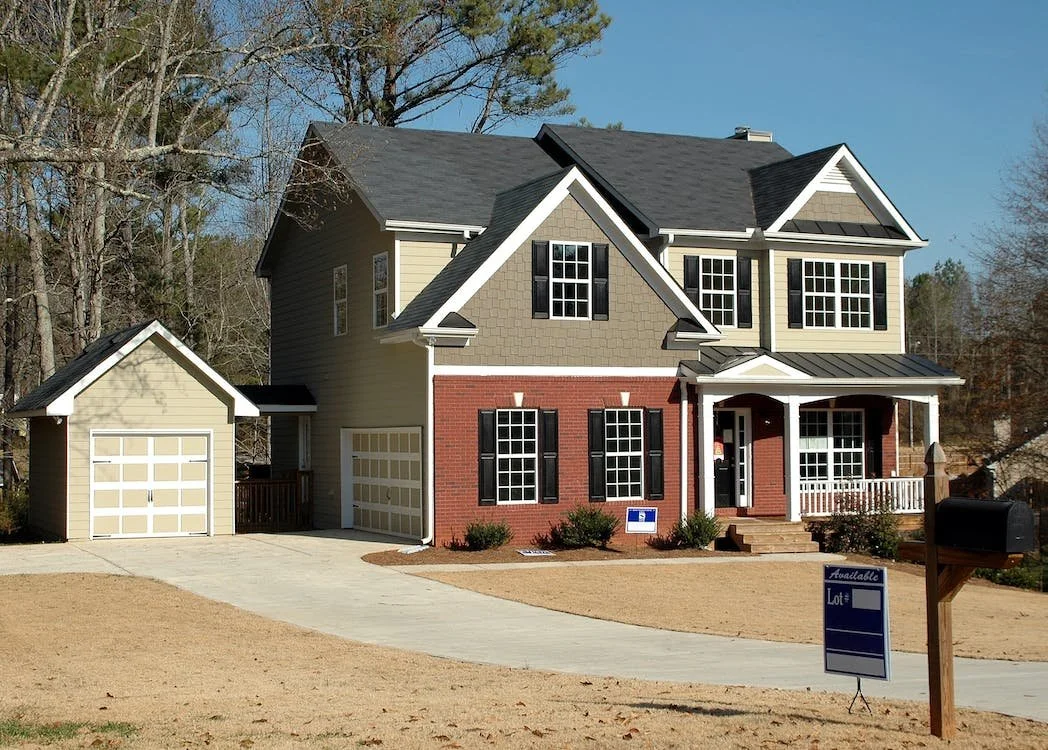Qualified Lehigh Valley homeowners could get up to $50,000 for home repairs under new Pa. program
County and state officials are preparing to roll out a program that will give income-qualified homeowners grants of up to $50,000 to repair homes, and also help landlords with limited numbers of properties.
The “Whole Home Repairs” program, approved by state lawmakers and Gov. Tom Wolf during the 2022 budget process, will funnel more than $2 million each to Lehigh and Northampton counties.
The program draws on federal COVID-19 relief funds.
“I think it is great,” said Frank Kane, Lehigh County director of community and economic development. “There was a lot of money given to a lot of people for a lot of things during COVID, but not a lot was done for homeowners.”
The program will not be operational until at least early next year. Based on preliminary information, the household income limit for a homeowner with a four-person household to apply for a grant will be roughly $72,480 in Lehigh and Northampton counties.
That figure could change at the discretion of county officials.
In addition, forgivable loans of up to $50,000 to be used for rental unit repairs can be obtained by landlords who own no more than five properties and no more than 15 rental units
Democratic Sen.-elect Nick Miller, who will take office in January and represent a new district including parts of both counties, praised the program during his campaign.
He doesn’t think it will favor one area over another — urban versus rural, for instance — but will meet an “across the board” need.
“Pennsylvania has some of the oldest housing stock in the nation,” he said.
It is a one-time program, but Miller plans to support a renewal of it.
The concept was the brainchild of Democratic Sen. Nikil Saval of Philadelphia. His bill outlining the program was introduced in March and later tucked into a larger bill that got final approval, complete with funding of $125 million.
The following amounts will go to counties in the Lehigh Valley region:
Lehigh County: $2,707,531
Northampton County: $2,277,659
Monroe County: $1,571,066
Montgomery County: $6,123,174
Bucks County: $4,533,742
Berks County: $3,656,555
Carbon County: $1,046,437
Schuylkill County: $1,629,443
Program guidelines call for distribution to be carried out by government entities or nonprofits. The money is intended “to address habitability concerns, improve energy or water efficiency, or to make units accessible for individuals with disabilities.”
A Northampton County spokesperson, Becky Bartlett, said officials planned to have meetings about the program in the coming months.
In Lehigh, Kane said the county is weighing whether to administer the program itself or farm out management to an outside entity.
Nearly all of Allentown’s housing stock is aging, Kane said. In the suburbs, many units are roughly 20 to 30 years old, he said.
But a recent runup in property values has caused a situation where some people in the county may own a home valued at $600,000 but not have the money to pay for repairs.
“There is need for this,” he said. “There will be more demand than money.”
A spokesperson for Saval, Natasha Cahill, said county officials would have ultimate discretion on setting household income limits for homeowners. The rule of thumb for the limit, though, is 80% of an area’s median household income.
She said a good approximation was offered by a Pennsylvania Housing Finance Agency data sheet that showed the $72,480 figure as representing 80% of the median household income for four-person households in Lehigh and Northampton counties.
The figure increases for households with more people and decreases for those with less.
“The program is designed so that the income limits would be inclusive of folks with low and moderate incomes,” Cahill said.
Republican Sen. Pat Browne of Lehigh County called the program “the largest investment the General Assembly has made in recent history, to improving the quality of our existing housing stock.”
Saval said the program “was born from the notion that no one should be denied a home that is safe, a home that is healthy, simply because they don’t have the resources they need to fix them.”

